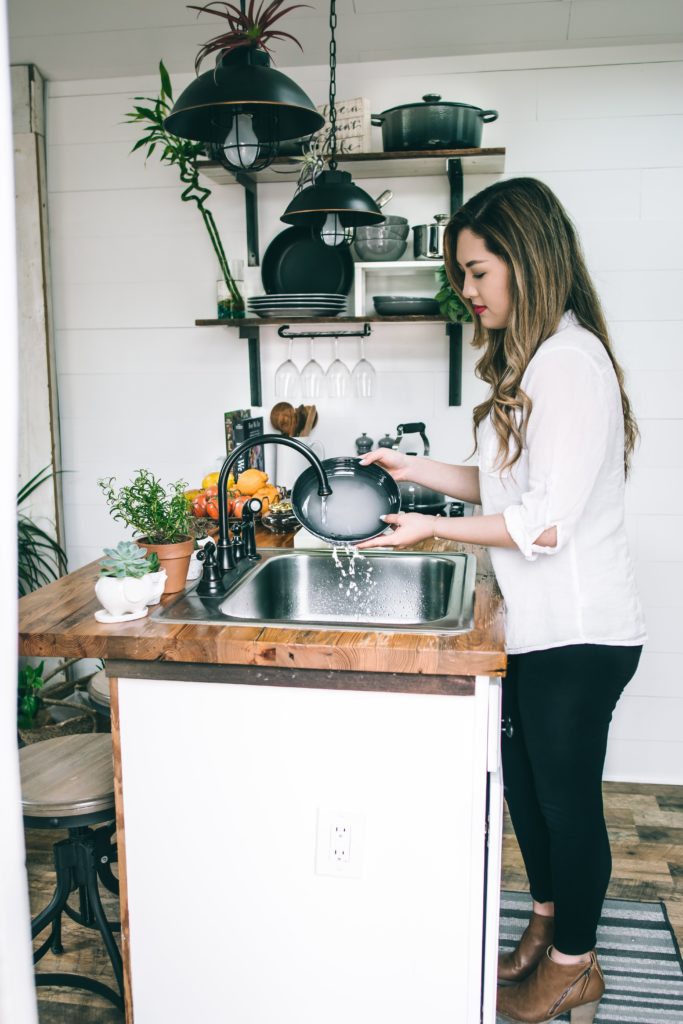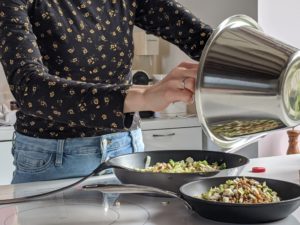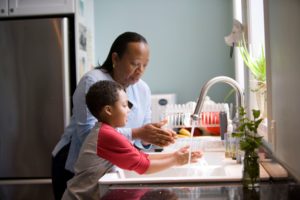
Blog
Eight Weeks of Coronavirus Surveys Show a Nation Changed
The COVID-19 pandemic has thrown American life into chaos and, over the last eight weeks, Consumer Brands’ weekly coronavirus survey has proven that this new normal is anything but. Now, as some states extend stay-at-home orders and others begin to reopen for business, this week’s survey — and the last eight weeks of consumer concerns — show that we may be at a turning point for how Americans feel about coronavirus and its effect on their lives.
After rising steadily for six weeks, concern dipped and has since stabilized. While there is still significant concern about coronavirus and its impact on American life (92%), the most extreme levels of concern have started to shift. At its peak on April 8, 63 percent of Americans said they were “very concerned” about the coronavirus. In the weeks since, this has leveled off, with 59 percent of consumers who now say they are “very concerned.”
Incidences of panic-buying and shortages also seem to have settled a bit more, at least when it comes to buying essentials. This week’s survey saw decreases in concern over access to food and beverage items, household cleaning and personal care products. Food and beverage access concerns, which was the top category of concern when we first started surveying Americans, dropped to 61 percent — 16 points lower than the peak on March 18. Even concerns over access to household cleaning products began to ease, seeing its first decline yet. Concerns about accessing over-the-counter medicines remained steady, at 56 percent.
More frequent restocks are likely contributing to this drop in concern — 59 percent of Americans have noticed more availability of high-demand products. Americans are also still well-stocked at home, with 91 percent who report having enough essentials to last for one week or longer.
CPG employees continue to work overtime to ensure consumers have access to the items they rely on during quarantine, and it seems the American public has taken notice. Thirty-seven percent of consumers have more trust in the brands that manufacture household cleaning, personal care products and food and beverage staples, in the wake of the coronavirus crisis. Another 55 percent said their trust in CPG brands has remained steady.
With many states and counties considering reopening soon, the American public is split on what our next steps should be. Forty percent are in favor of reopening now for the sake of the economy, and 45 percent believe America should remain closed for the sake of public health — movement in favor of staying closed since last week’s near-even split. As the debate rages on, the virus’ financial toll is becoming an all-too-real reality for many Americans. Twenty-five percent of respondents report being unemployed, furloughed or having reduced wages or hours because of the coronavirus outbreak, and another 58 percent are concerned about their ability to pay bills and afford necessities.
Differences in where we live, employment status and generation have relatively little bearing on how we feel about coronavirus. However, political leanings show a divide on when Americans think that life after the pandemic should begin. Concern is dramatically higher with left-leaning Americans — 72 percent say they are “very concerned” about coronavirus, compared to 43 percent of right-leaning respondents.
But despite left-leaning Americans experiencing higher levels of financial hardship because of the outbreak (43% to 22%), they were also far less likely than right-leaning respondents to want to reopen the country’s economy. A minority (41%) of left-leaning respondents say they are at least slightly in favor of reopening, compared to a majority (63%) of right-leaning Americans.
Regardless of political affiliation, most Americans feel that the government will move to ease restrictions well before people personally feel they should. Forty-one percent of Americans think the government would reopen the country in early summer — but just 34 percent said they personally believe major restrictions should ease by the same time frame.
In just eight weeks, everything has changed, and as the pandemic continues, change is the only guarantee. Let’s hope eight weeks from now, we have more certainty about the future.
From providing original research, industry guidance and cutting-edge insights, to advocating on Capitol Hill and shaping policy that will have an impact for years to come, we are committed to delivering for our industry during this crisis. Stay informed.
Published on April 28, 2020



